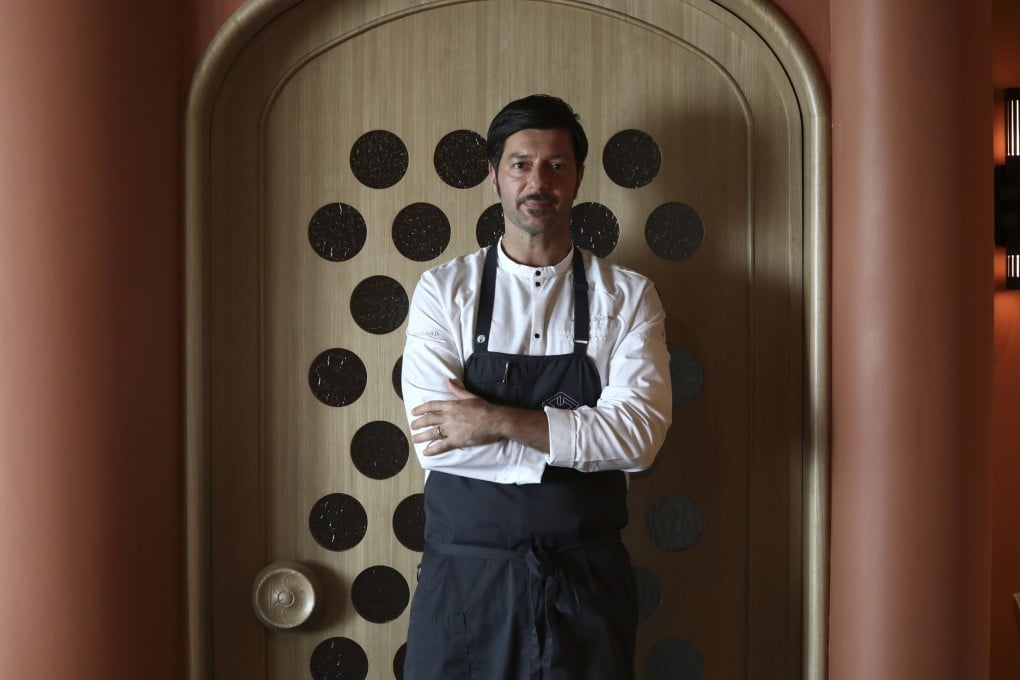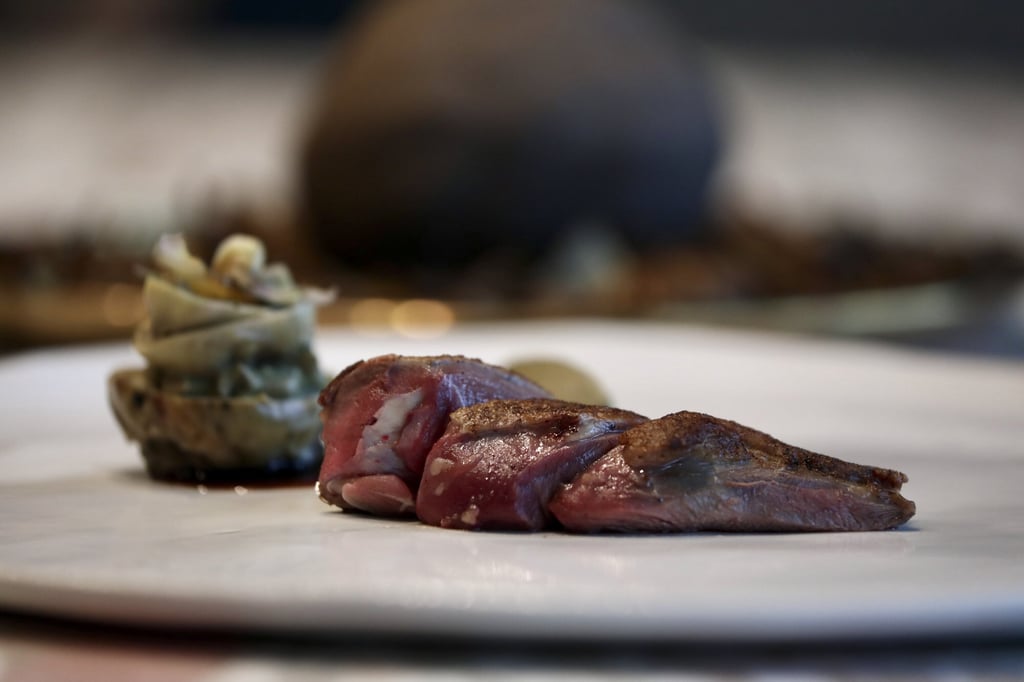Profile | From learning cooking from a Sicilian chef in Berlin to working for Umberto Bombana in Macau: Estro chef Antimo Maria Merone
- Neapolitan Merone moved to Berlin, where his cooking career started, before studying food in Parma
- Soon after graduating, he moved to Hong Kong to work, followed by a stint in Macau for Umberto Bombana

“I’m from Napoli [Naples] and since I was a kid I have been interested in food. My parents would pick tomatoes and lay them out on the balcony to ripen in the sun. When I was about 18 months old, I crawled out onto the balcony and ate the tomatoes. My parents found me with tomato juice all over me.
“When I was around 11 years old, every day after school I went to my maternal grandparents’ home. My grandmother was still working then so I reheated food she had made for me and my grandfather.
“Then I started saying, I don’t want to reheat food, I want fresh food. I asked her to make the sauce and I would cook the pasta and mix them together.
“My mother’s side were middle-class professionals while my paternal grandmother was a farmer. She raised chickens and rabbits, and grew fruits, vegetables and herbs. My father had eight siblings so everyone had to help out.”

What did you do when you left home?